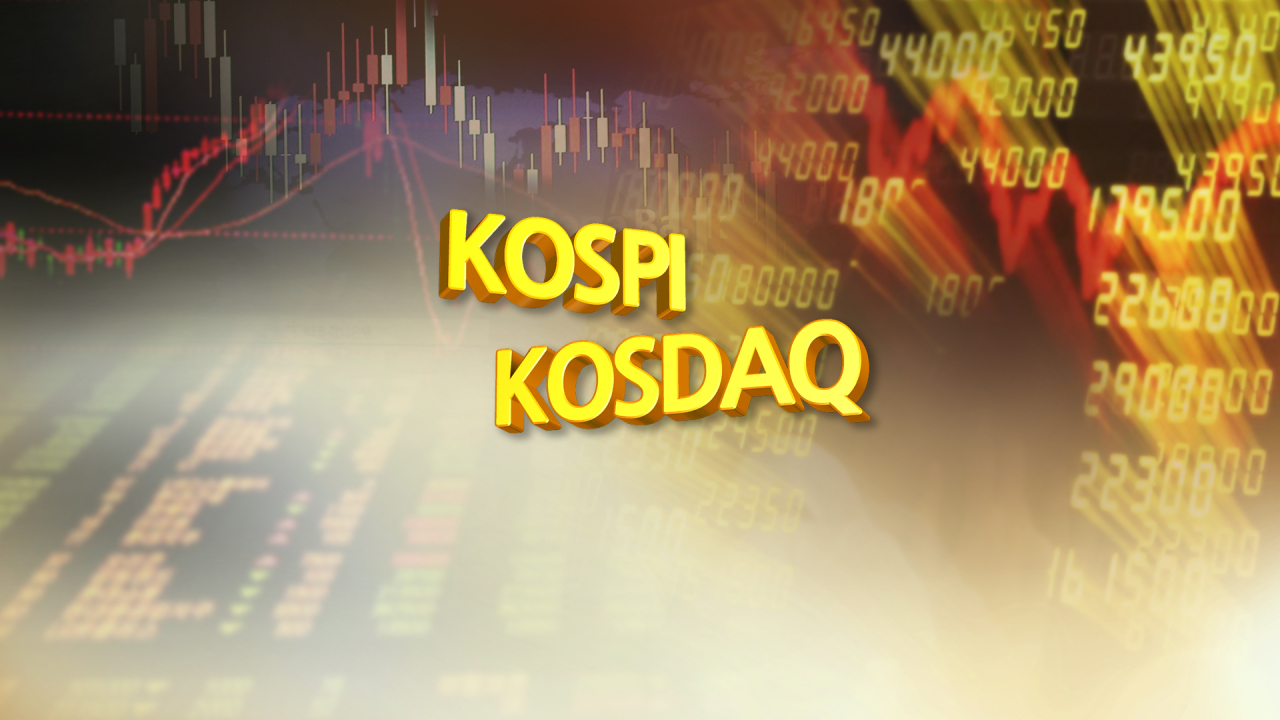S. Korea to expand capital gains tax for more retail investors from 2023
By YonhapPublished : June 25, 2020 - 10:34

SEJONG -- South Korea said Thursday it plans to revise a law to expand capital gains taxes to all stock investors beginning in 2023, while lowering a stock transaction tax.
Under the plan, all investors who hold listed stocks will be subject to a tax rate of 20 percent. If they hold stocks worth more than 300 million won ($250,041), the tax rate will be raised to 25 percent.
However, the proposed tax revision allows a retail investor to be exempted from a capital gains tax when profits from stock transactions are below 20 million won.
Currently, South Korea levies a capital gains tax on major shareholders who own stocks worth more than 1 billion won in a single company. Also, their stake must exceed 1 percent of total shares listed on the main KOSPI or 2 percent of total shares listed on the secondary KOSDAQ market if they are subject to a capital gains tax.
The move is "aimed at improving fairness of taxation by reducing tax exemptions on financial products," the Ministry of Economy and Finance said in a statement.
South Korea had some 6 million individual investors as of 2019.
The ministry said about 5 percent of retail investors, or some 300,000 people, would be taxed.
In line with the move to levy a capital gains tax on all shareholders, the ministry said it will gradually lower a tax on stock transactions.
Last year, South Korea cut the stock trading tax for the first time in 23 years.
The transaction tax for shares listed on the KOSPI and KOSDAQ markets was lowered by 0.05 percentage point to 0.25 percent each.
Starting in 2022, the stock trading tax will be further lowered by 0.02 percentage point to 0.23 percent.
In 2023, the tax will be further cut by 0.08 percentage point to 0.15 percent, the ministry said.
South Korea began imposing a 10 percent tax on profits from trading all stock index-related derivatives last year.
The tax covers the KOSDAQ 150 Futures, KOSDAQ 150 Options and KRX 300 Futures, Sector Index Futures and Dividend Index Futures, as well as the V-KOSPI 200 Futures and KOSDAQ 150 equity-linked warrants. (Yonhap)









![[Kim Seong-kon] Democracy and the future of South Korea](http://res.heraldm.com/phpwas/restmb_idxmake.php?idx=644&simg=/content/image/2024/04/16/20240416050802_0.jpg&u=)








![[KH Explains] Hyundai's full hybrid edge to pay off amid slow transition to pure EVs](http://res.heraldm.com/phpwas/restmb_idxmake.php?idx=652&simg=/content/image/2024/04/18/20240418050645_0.jpg&u=20240418181020)

![[Today’s K-pop] Zico drops snippet of collaboration with Jennie](http://res.heraldm.com/phpwas/restmb_idxmake.php?idx=642&simg=/content/image/2024/04/18/20240418050702_0.jpg&u=)